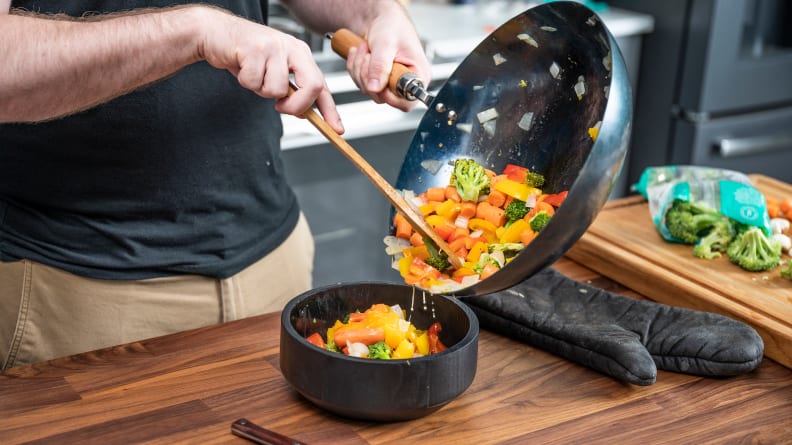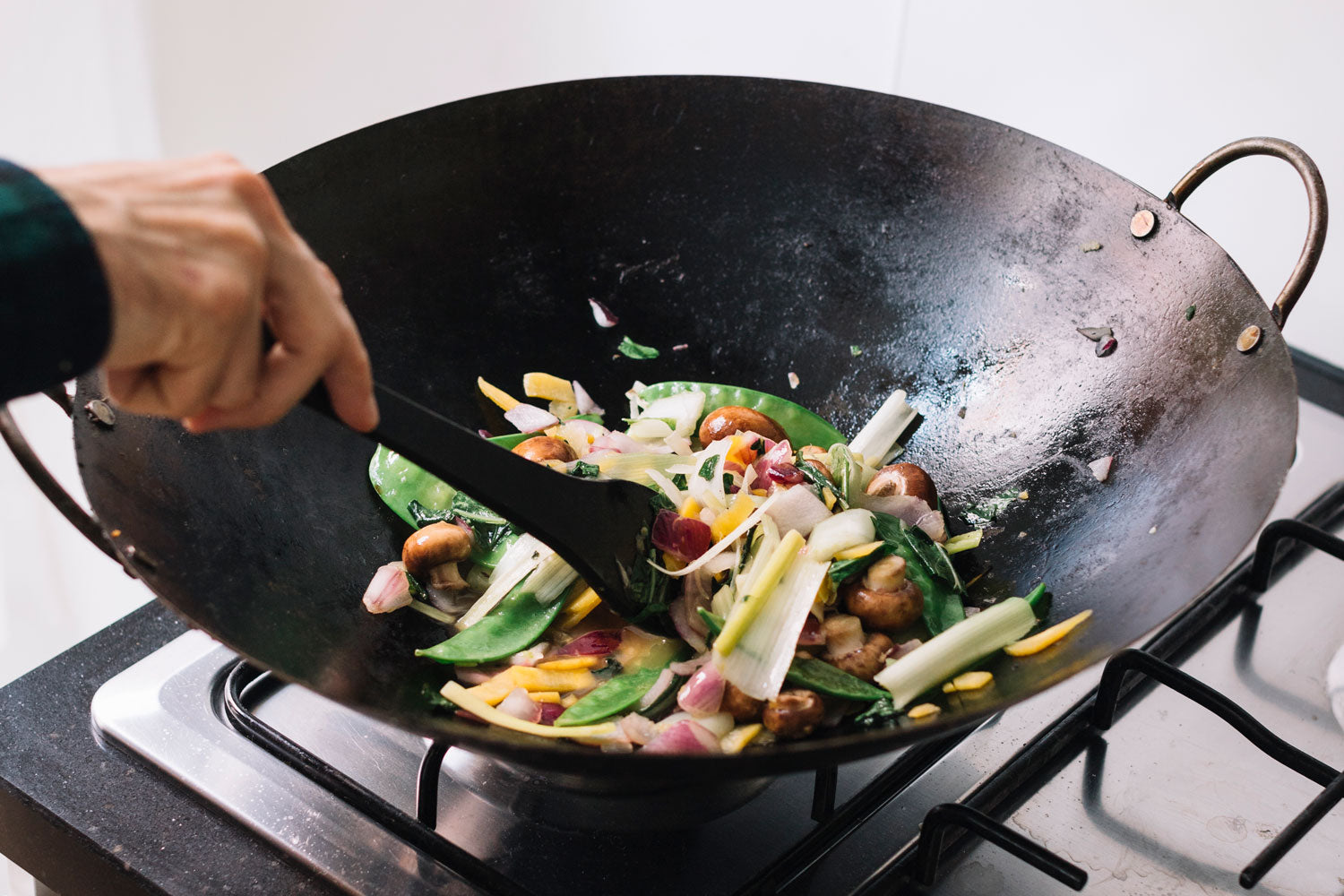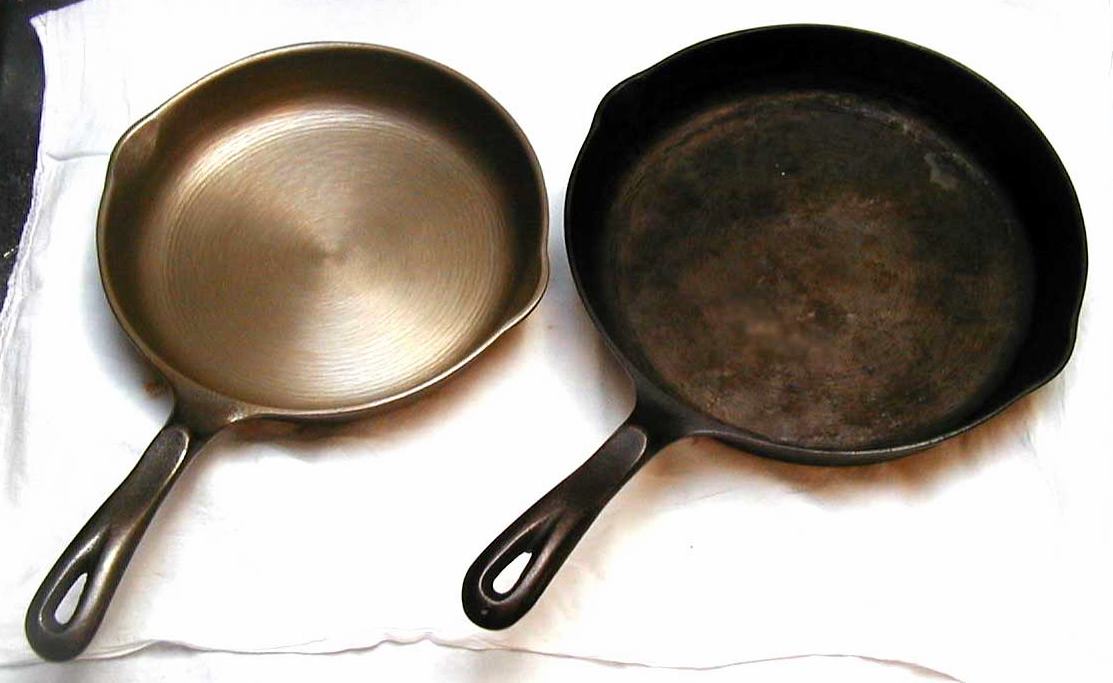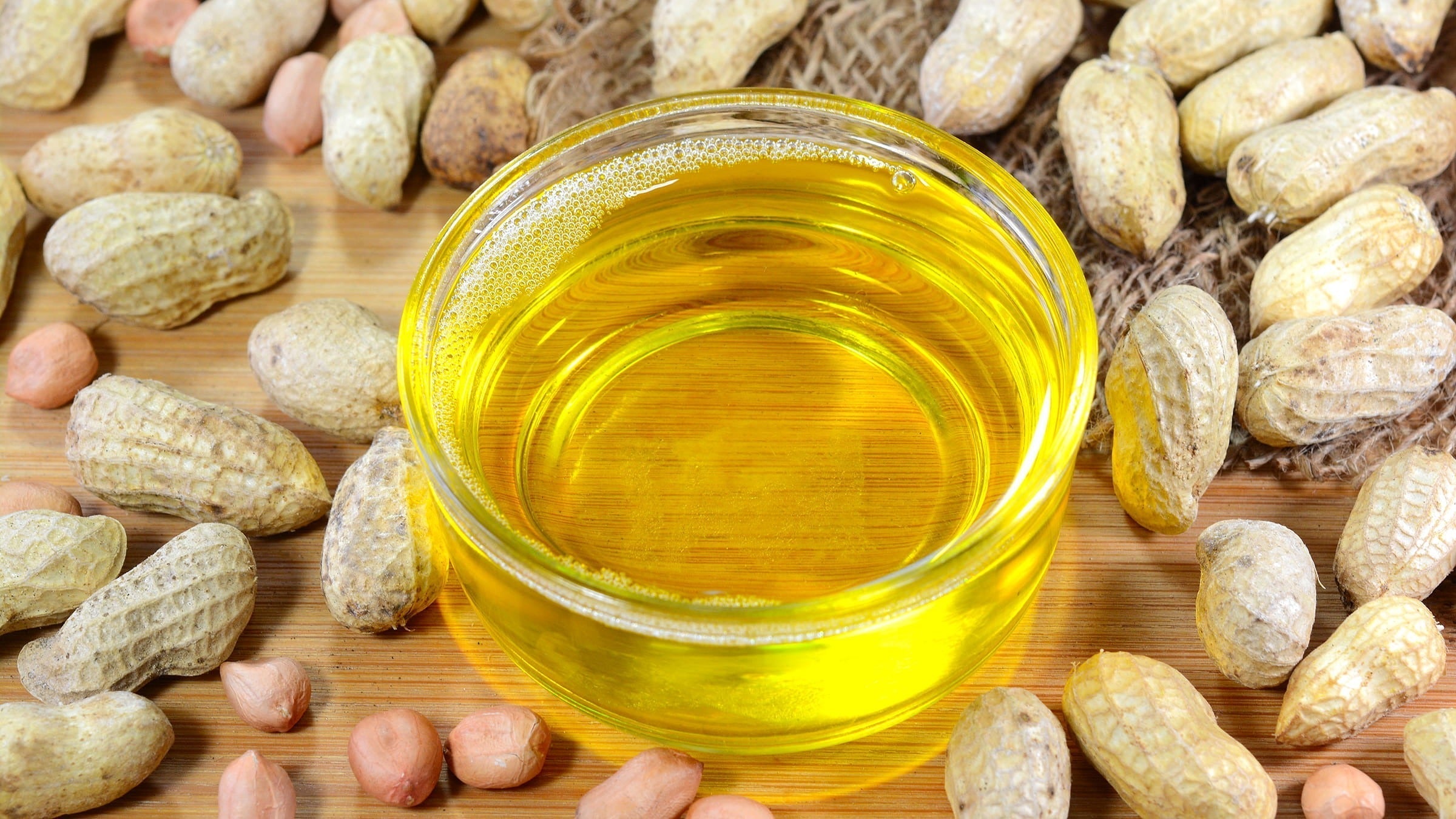For kitchen professionals, understanding how to clean wok after use is crucial. A wok is not just a cooking tool but an investment in flavor and technique. Proper maintenance ensures longevity and optimal performance, allowing chefs to create remarkable dishes.
A wok can retain flavors and sometimes even develop a natural non-stick surface. However, improper cleaning techniques can lead to deterioration. This article provides comprehensive insights into cleaning your wok effectively, preventing rust, and maintaining its seasoning.

The Importance of Cleaning Your Wok
Cleaning your wok immediately after use is essential. This not only preserves the surface but also removes any food particles that could lead to unwanted odors or bacterial growth. Heres why you should prioritize cleaning:
- Food Safety: A clean wok reduces the risk of food contamination.
- Cooking Performance: A well-maintained wok ensures even heat distribution.
- Flavor Preservation: Proper cleaning techniques enhance the flavors of future dishes.

Step-by-Step Guide to Cleaning Your Wok
Follow these steps for effective cleaning:
1. Allow Your Wok to Cool
After cooking, let the wok cool down to a manageable temperature. Never immerse a hot wok in cold water, as this can lead to warping or cracking. Patience is key; allow it to cool naturally.
2. Remove Food Residue
Use a soft spatula or wooden spoon to scrape off food particles gently. Aim to remove as much residue as possible without scratching the surface.
3. Rinse with Warm Water
Use warm water and a soft sponge to wipe down the surfaces. Avoid using soap unless absolutely necessary, as it can strip the natural seasoning. For deeper cleaning, consider these options:
- Vinegar and Water: A mixture of vinegar and water can help remove tough stains.
- Baking Soda Paste: For stubborn residue, create a paste with baking soda and water.
4. Dry Thoroughly
Wipe the wok dry with a soft cloth to prevent moisture buildup, which could lead to rust. To ensure complete dryness, place the wok on low heat for a few minutes.
5. Re-season the Wok
After cleaning, its crucial to re-season your wok. Apply a thin layer of cooking oil and heat to maintain the non-stick surface. This process helps preserve flavors and improve cooking results.

Common Mistakes to Avoid
- Using Harsh Chemicals: Avoid steel wool or scouring pads that can damage the surface.
- Ignoring Rust: If your wok develops rust, refer to this guide on rust removal.
- Not Maintaining Seasoning: Regularly re-seasoning your wok is vital for performance.

Additional Care Tips
Besides regular cleaning, consider these care tips:
- Store Properly: Avoid stacking heavy items inside your wok to prevent dents.
- Use Appropriate Utensils: Wooden or silicone utensils are ideal for avoiding scratches.
- Rotate Cooking Methods: Incorporate different cooking techniques to promote even seasoning.
What Oil to Use for Seasoning?
Choosing the right oil can affect your wok's taste and longevity. Some recommended oils include:
- Flaxseed Oil: Known for its high smoke point and durability.
- Grapeseed Oil: Excellent for a range of cooking techniques.
- Canola Oil: Versatile and widely available.
For more information on seasoning, check our article on oil for seasoning.
Conclusion
Understanding how to clean wok after use is an essential skill for kitchen professionals. Not only does proper cleaning enhance performance, but it also extends the life of the tool. By following these steps and maintaining your wok, you can ensure that it continues to deliver great meals.
For further reading on wok cooking techniques, consider visiting Wok Cooking Guide.
FAQs
1. Can I use soap to clean my wok?
It is best to avoid soap unless necessary, as it can remove the seasoning.
2. How do I know when my wok needs re-seasoning?
If food starts to stick or the surface looks dull, it may be time to re-season.
3. What should I do if my wok gets rusty?
Check our guide on rust removal. Cleaning and re-seasoning can help restore it.
As an Amazon Associate, I earn from qualifying purchases.






Leave a comment
This site is protected by hCaptcha and the hCaptcha Privacy Policy and Terms of Service apply.